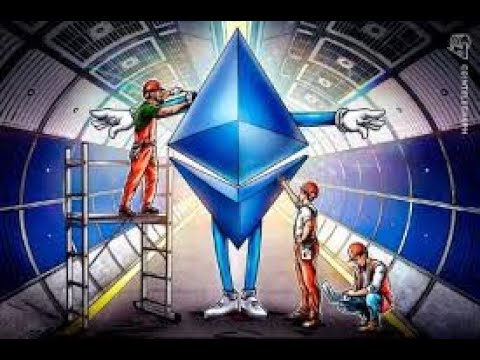The value of cryptocurrencies might be down, but demand for blockchain engineers has never been higher.
Blockchain engineers are making between $150,000 and $175,000 on average, according to global stats provided to CNBC by Hired, a San Francisco firm that helps clients recruit tech candidates. That’s quite a premium over the $135,000 salaries that typical software engineers earn on average, according to Hired, which uses data from its service to compile the stats.
In fact, salaries for engineers with blockchain expertise are on par with developers who specialize in artificial intelligence, and higher than any other specialized engineering roles, Hired says.
Demand has grown as large companies have begun to work on projects that make use of the technology. Facebook, Amazon, IBM and Microsoft are among companies that have job listings at the moment for blockchain engineers.
Hired added blockchain as a sub-role to its service at the end of 2017, and since then, the company has seen postings for jobs that seek employees with blockchain as a desired skill rise by 400 percent.
“There’s a ton of demand for blockchain,” said Mehul Patel, CEO of Hired. “Software engineers are in very short supply, but this is even more acute and that’s why salaries are even higher.”
“When my title became ‘principal blockchain engineer,’ it became relentless,” said Dustin Welden, who was hired in March by Seattle-based Globys to work on a project that makes use of the vanguard technology to integrate different accounting services. “I get interview requests every day on LinkedIn now.”
At the moment, these type of jobs tend to carry titles such as back-end engineer, systems engineer or solutions architect, but more of these positions tend to list blockchain as a desired skill for the job, according to Hired.
Engineers who want to specialize in blockchain should know networking, database design and cryptography computing skills, according to multiple blockchain engineers. Blockchain engineers code in a variety of programming languages such as Java, JavaScript, C++, Go, Solidity and Python, among others.
“There’s a mindset here of taking a long-term view of planning,” Patel said. “If you’re going to build blockchain technology, you have to get that talent.”




